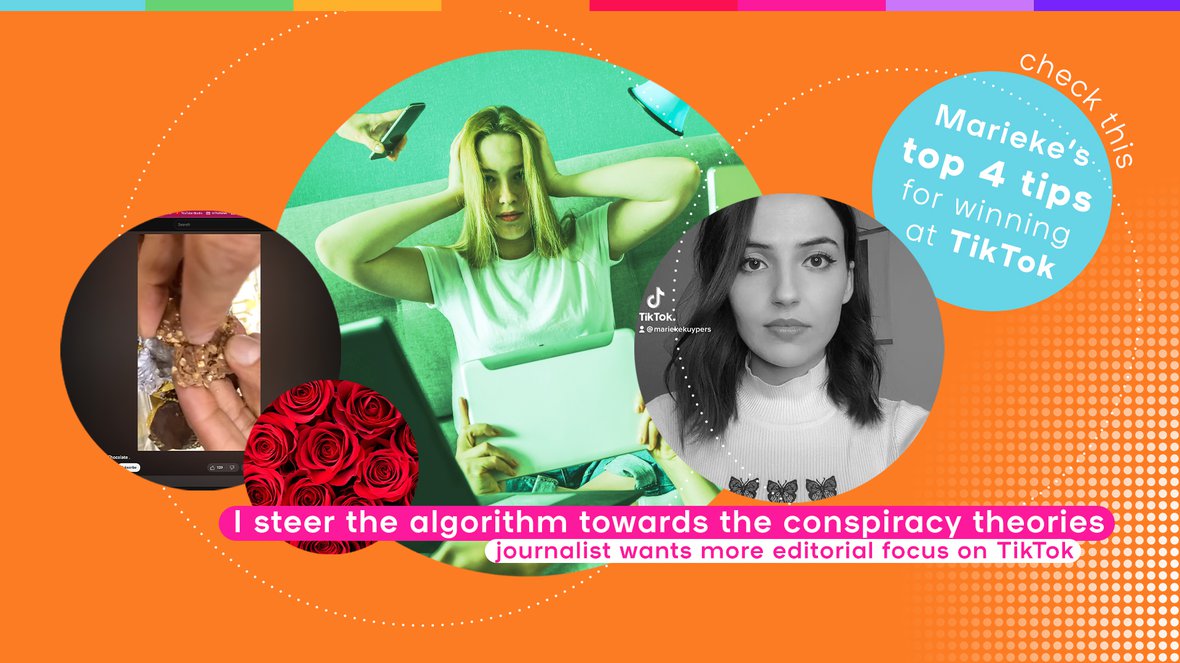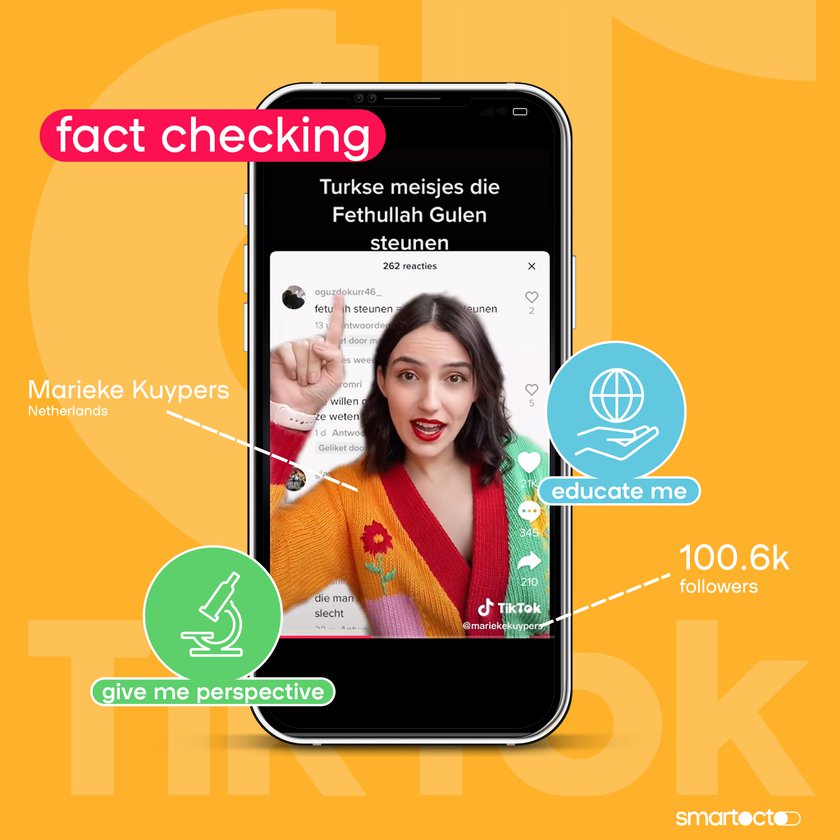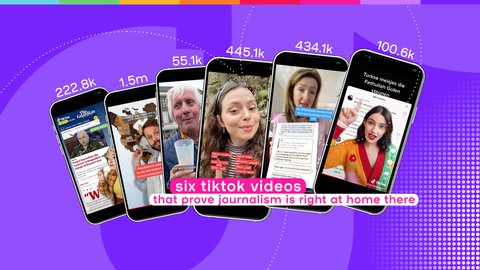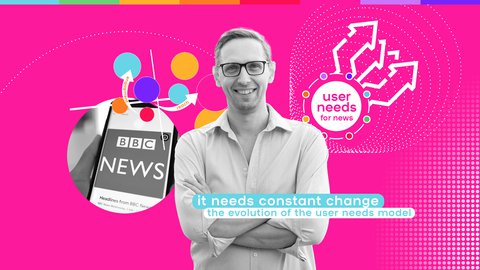We always tell people to be where your audience is. Right now, 755 million people are on TikTok. We spoke to Dutch journalist and well known TikToker, Marieke Kuypers about why the platform holds so much potential for newsrooms. And what you can do to be relevant.
The interesting thing about TikTok is that it’s deeply reflective of the GenZ audience that make up 60% of its user base. A recent report says that 40% of Gen Z use TikTok and Instagram over Google. This is a generation of people who prize individuality and personalisation, and actively seek out content that reflects that. The appeal of TikTok is the ease with which users can find their tribe and be part of their community - digital or otherwise.
Sure, there are issues with data privacy, or the influence of the Chinese government on the platform. And yes, these micro-communities can spawn questionable issues getting more airtime than they should, but there’s a lot to be learned.
So, Marieke, let’s just dive straight in. How did you start working on TikTok?
Well, I’d been working as a journalist for a couple of years, so I was looking critically at what was going on around me. Social media is one of my special interests as a journalist, as well as a human being. So I spent - and spend - a lot of time on it in general. During the pandemic, especially the first lockdown, I started going on TikTok, because I had a lot of time, and I kind of got hooked on the app.
What was its appeal?
It felt like a new kind of social media that I hadn't seen before. I just really liked the way I found different things on there that I wouldn't have found on Instagram, or YouTube or whatever, because the recommendation algorithm is just really, really good. So I would spend hours on there.
But then I started noticing there were some videos that were very dubious, but which had got a lot of views. Some videos were kind of scary: people saying things like if you drink Diet Coke, you're going to get cancer, or if you eat a certain kind of potato chip it’ll kill you. I knew those things weren’t true, but I saw from the comments that a lot of people were pretty scared by these posts, and there was no kind of fact checking - and certainly not by any Dutch journalists on there. So I thought: I'll do it. That’s how I started doing my fact checking thing.




